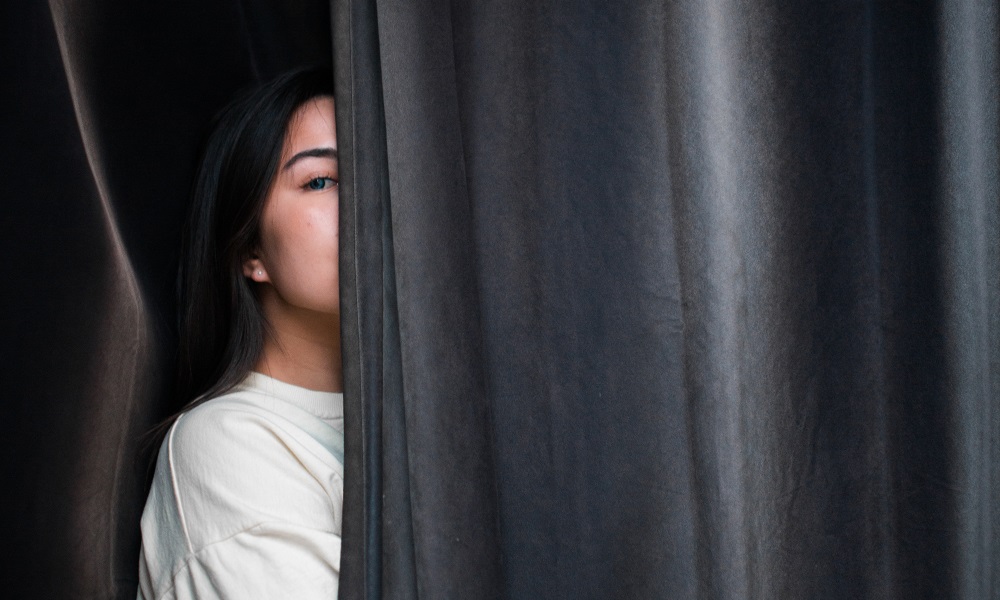As “Legal” Hidden Cameras and Microphones Proliferate, We Need Better Privacy Laws
Over the past few weeks, it has become clear that hidden microphones – once the stuff of spy novels and creepy voyeurs – are rapidly proliferating, and have become a serious problem in today’s connected society.
Last week, the world learned that the in-flight entertainment systems built in to seatbacks on many airplanes belonging to various major airlines (including many in the the fleets of American, Delta, United, and Singapore Airlines) contain cameras. While the airlines involved do not appear to have ever enabled these cameras – and, in some cases, have expressly stated that they have no plans to ever use the cameras – the presence of the cameras, and the lack of warning to unsuspecting passengers about them, are, nonetheless, obviously disconcerting. (Note: There is no reason not to believe the airlines – it was probably less expensive for them to build entertainment systems using standard tablet computers that come equipped with cameras than to design their own components.)
Just weeks earlier, Google announced that its voice-based Nest Assistant could now be used with its home security and alarm system, Nest Secure – thereby acknowledging that the Nest Secure device already present within many peoples’ homes had within it in a microphone about which the firm had never told users. After a public outcry, Google claimed that “The on-device microphone was never intended to be a secret and should have been listed in the tech specs” and noted that the failure to disclose the presence of the microphone was “was an error on our part.” Maybe. But, it is hard not to wonder whether Google felt it would sell more devices if the presence of the microphone became known to users only after they had invested time and money, and already grown accustomed to the device’s benefits.
The airlines seatback and Google Nest Security cases, and others like them, raise serious concerns. Here is some food for thought:
- Do we really want to live in a world in which it is legal to deploy cameras surreptitiously – even if the cameras have not been turned on prior to their being discovered by others?
- Should it really be legal to hide a microphone anywhere in someone’s home or office without clearly warning the person involved?
- Is hiding a microphone within an electronic device that a user purchases really all that different from hiding one within a painting or sculpture sold delivered to the same person – a technique that was leveraged by spies during the Cold War?
- Should merely not turning on a microphone before the microphone is discovered by others really be a sufficient defense so as to fully absolve from all criminal and civil penalties a party who does sneak it into someone’s home?
- Could we better protect people’s privacy by requiring that all recording devices (other than security cameras intended to record unauthorized parties and/or activities within their view) include a LED light that turns on any time a camera or microphone is enabled, and/or a physical cover?
If lawmakers do not take action soon, the recent camera and microphone discoveries will likely be but the tip of the iceberg; in the meantime, the Federal Trade Commission and consumer advocacy groups should be taking action now, rather than standing by as the problem inevitably worsens before it gets better.













 CyberSecurity for Dummies is now available at special discounted pricing on Amazon.
Give the gift of cybersecurity to a loved one.
CyberSecurity for Dummies is now available at special discounted pricing on Amazon.
Give the gift of cybersecurity to a loved one.